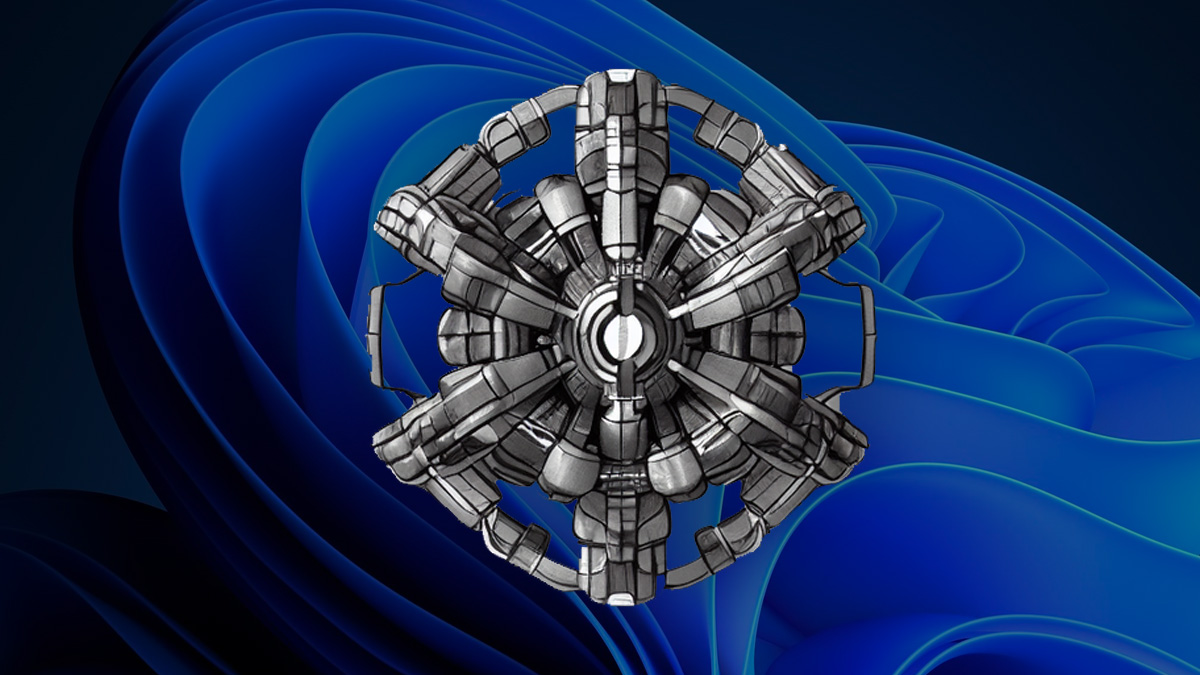#Everything you need to know about preventing lithium-ion battery fires

Table of Contents
“Everything you need to know about preventing lithium-ion battery fires”
This article is Part Three, the final of a series I’ve been writing on lithium-ion battery fires in escooters and ebikes. Part One explored the incidence of battery fires, while Part Two looked at causation. Today I’m focusing on prevention. Let’s jump in:
Prevent the fire from occurring
What if we could prevent a fire from happening in the first instance?
The Thermarestor device offers preventative maintenance. The device monitors detection points and detects heat.
If it detects abnormal heat (exceeding 80°C), it isolates the power and removes the ignition source.
It can be fitted into new and existing consumer electronics and is easy to install.
Verdict: Could a product like a Thermarestor be available for retrofit? I can see it resonating, especially with ebike owners that already hack their ebikes. Connecting observability to an app would also be helpful.
Internal extinguishing
What if there was a way to extinguish lithium-ion battery fires at the point they occur? Meet the e-bulb, marketed as “the world’s smallest fire extinguisher.”
Specifically, the e-bulb is a thermally activated glass bulb that contains a circuit interrupter. The bulb has a non-toxic, non-conductive extinguishing liquid. The thermal bulb bursts upon reaching a hazardous temperature, and the liquid converts into gas. Within seconds the fire is extinguished
The e-bulb also cuts the power supply when a fire occurs while a device is plugged in. This means that the electrical fire cannot be reignited.
The company is currently in discussion with car manufacturers to apply their solution to batteries.
Verdict: What’s not to like about a product that extinguishes tiny fires at the source? However, unlike the Thermarestor, the e-bulb is responsive rather than preventative.
Safer batteries
Battery startup ZapBatt considers the safe batteries of the future those made from lithium titanate.
Lithium titanate is a nanocrystal of titanium that, in the event of thermal runway conditions, changes from a conductor to a resistor, containing what is effectively a form of built-in self-preservation.
According to Charlie Welch, CEO & Co-Founder of ZapBatt, unlike lithium-ion:
You can almost do anything to it [a lithium titanate battery], short circuit, over-voltage it, puncture it, and it won’t put itself into thermal runaway.
I’ve seen the cell tortured, and I’ve never seen a single fire on them.
Historically lithium titanate has not received as much attention as lithium-ion because of its lower energy density.
Lithium-titanate as a viable alternative to lithium-ion is evolving in places such as Taiwan, where it’s currently using in the development of EVs and ebuses.
The downside is that lithium-titanate batteries cost twice as much as lithium-ionbatteries. However, ZapBatt plans to launch a micromobility battery next year that is not only far safer but can be fully recharged in 20 minutes and last as long as 20 years.
Verdict: This will undoubtedly be a game-changer for the industry, especially for vendors willing to absorb the additional cost or owners looking for a faster charge.
Bikes for heavy riding
In New York, ebikes are used extensively by delivery riders guilty of buying cheap bikes, riding them beyond their intended use, and charging their batteries unsafely, increasing the risk of fires.

But one company is selling and renting ebikes specifically for delivery riders Zoomo. I spoke to Joey Skavroneck, the company’s US Director. He told me that the world’s biggest and most innovative delivery brands are using Zoomo ebikes, including UberEats, Deliveroo, Doordash, Just Eat Takeaway, Dominos, Pizza Hut, Gorillas, Getir, Milkrun, Zapp, and many more.
Among various commendable features, Zoomo’s batteries are long-lasting (up to 8 hours) and fast charging (4 hours), so riders can complete long shifts without worrying about running out of battery (or relying on unsafe charging scenarios). All riders get access to Zoomo’s comprehensive service and maintenance plans.
The company told me it has collaborated with individual partners on educating which vehicles and batteries are unsafe, safe storage, and progressive solutions to meet delivery needs.
Zoomo believes there is a need to incentivize couriers to purchase or rent safer and legal ebikes “so couriers can continue to earn a living without putting their homes at risk.”
Find bad batteries
A critical part of battery safety is identifying problems during the R&D phase. A startup called Voltaiq has built the mobility industry’s first Enterprise Battery Intelligence (EBI) software platform, helping it avoid costly recalls and catastrophic battery fires.
I spoke to Voltaiq CEO Tal Sholklapper to find out about their platform, which takes data out of silos, automatically collecting all battery data from the test lab, production line, and systems operating in the field. It converts this data to a standard format, and organizes and stores it in a secure, centralized location that is accessible to users.
Verdict: essential. You can’t combat a problem unless you truly understand it. Voltaiq is currently working with several auto OEMs, and the tech would benefit micromobility companies that choose to develop their own batteries.
Embed battery safety into your MVP

I wanted to understand how micromobility manufacturers approach the problem of battery fires. I spoke to Oscar Morgan, CEO at escooter company Bo, a company aiming to create “the world’s safest scooter.”
One priority is cell traceability. The company uses high-quality battery cells which possess a high degree of traceability:
This means if an issue occurs within a given batch [e.g. 1 million cells] you can trace it to that batch, and check the rate of occurrence against the expected failure rate per million cells.
Thus, if the incident rate is out of reasonable expectation, products using those batteries can be notified, and recalled.
Traceability is notably absent from cheap ebikes and escooters, that mostly use unbranded, untraceable cells – possibly even from multiple suppliers.
As Morgan notes, “The rate of incidence within a given batch is almost impossible to identify, which makes it a crap shoot as to whether a given batch of cells is safe.”
Also in Bo’s favor is the use of a high-quality BMS containing multiple thermocouple sensors which watch the temperature of cells, have control of the charging circuit, and isolate modules of the battery when an ‘out of parameter’ condition is detected.
Morgan asserts that the shortest route to eliminate risk from battery fires would be “to house all batteries within a vented stainless steel casing, which has a melting point higher than the burn temperature of lithium. However, for weight, design, and cost considerations, this is not always practical.”
Verdict: It’s positive that Bo is thinking critically about battery safety. I’d love to see a partnership with some of the preventative tech like Thermarestor.
General safety tips for ebike and escooter owners

Planning to buy an ebike or escooter and are now imagining your home in flames? Here are some well-established tips for safety:
- Buy ebikes and escooters from a reputable retailer.
- Be aware of the risk of counterfeit products.
- When purchasing devices, ensure the equipment has the Underwriters Laboratories Mark, which shows that the product has been safety tested.
- Follow the manufacturer’s guidance on charging and storing.
- Use the manufacturer’s official charger.
- Ideally, store your vehicle outside.
- Do not park or charge electric bikes or escooters in public areas, such as stairwells, fire exits, and emergency exits.
- Be present during charging.
- Do not over-charge – disconnect, unplug, and turn the charger off once fully charged.
- Leave time between charging and riding.
- Keep ebikes and escooters out of extreme heat where practical.
Preventing and responding to the risk of battery fires is a complex and multifaceted affair. Embedding safety into new builds is doable but dealing with retrofits is a far more difficult scenario. Especially when you consider the number of ebikes and escooters already in operation.
But it needs to be a priority, especially as existing batteries in use degrade, increasing the risk of fires.
If you liked the article, do not forget to share it with your friends. Follow us on Google News too, click on the star and choose us from your favorites.
For forums sites go to Forum.BuradaBiliyorum.Com
If you want to read more like this article, you can visit our Technology category.




